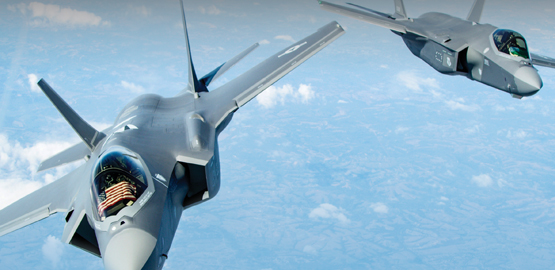News
Cliff Talks Avoid Military Health Plan
Washington's budget negotiators are considering cost-saving changes in the nation's entitlement programs, with one notable exception: military health care.
Defense Forecast: Rising Personnel Costs
Every year, salaries and benefits for service members take up a larger share of the Pentagon's overall budget, threatening to crowd out all other military priorities. "If we continue on our current path -- with personnel costs growing the way they have -- we're eventually going to price ourselves out of being able to field a military of any size," warned Todd Harrison of the Center for Strategic and Budgetary Assessments. The administration has put forward a plan to rein in the costs in part by increasing fees for military health care, but Congress quickly overturned the proposal. Will the president, in a second term and no longer fighting for reelection, be able to push through unpopular cost-cutting measures to put the military's budget on a sustainable path?
Sequester to Pentagon Budget $11 Billion More Than Expected
Todd Harrison, an analyst at the Center for Strategic and Budgetary Assessments, explained that, in short, the Defense Department gets sequestered to get below the cap, and then there is a "penalty sequestration" on top of that. Otherwise, Harrison noted, Congress could get around the larger sequester cut by simply appropriating $54 billion above the cap.
USAF to Develop New Cruise Missile
The US Air Force is expecting to award sole-source contracts to four firms to develop technology for its Long Range Standoff (LRSO) cruise missile programme.
After Months of Delay, Pentagon Told to Plan for “Fiscal Cliff”
The Pentagon said on Wednesday the White House budget office has directed it to begin planning how to implement billions of dollars in across-the-board spending reductions if Congress and the president fail to agree to avert the cuts before January 2/.../
Pentagon Cyber Activities Could Grab $120 Billion
One of the latest reports analyzing the potential ramifications of a deficit reduction deal predicts tens of billions of dollars in increased spending for military cybersecurity and cyber weaponry.























